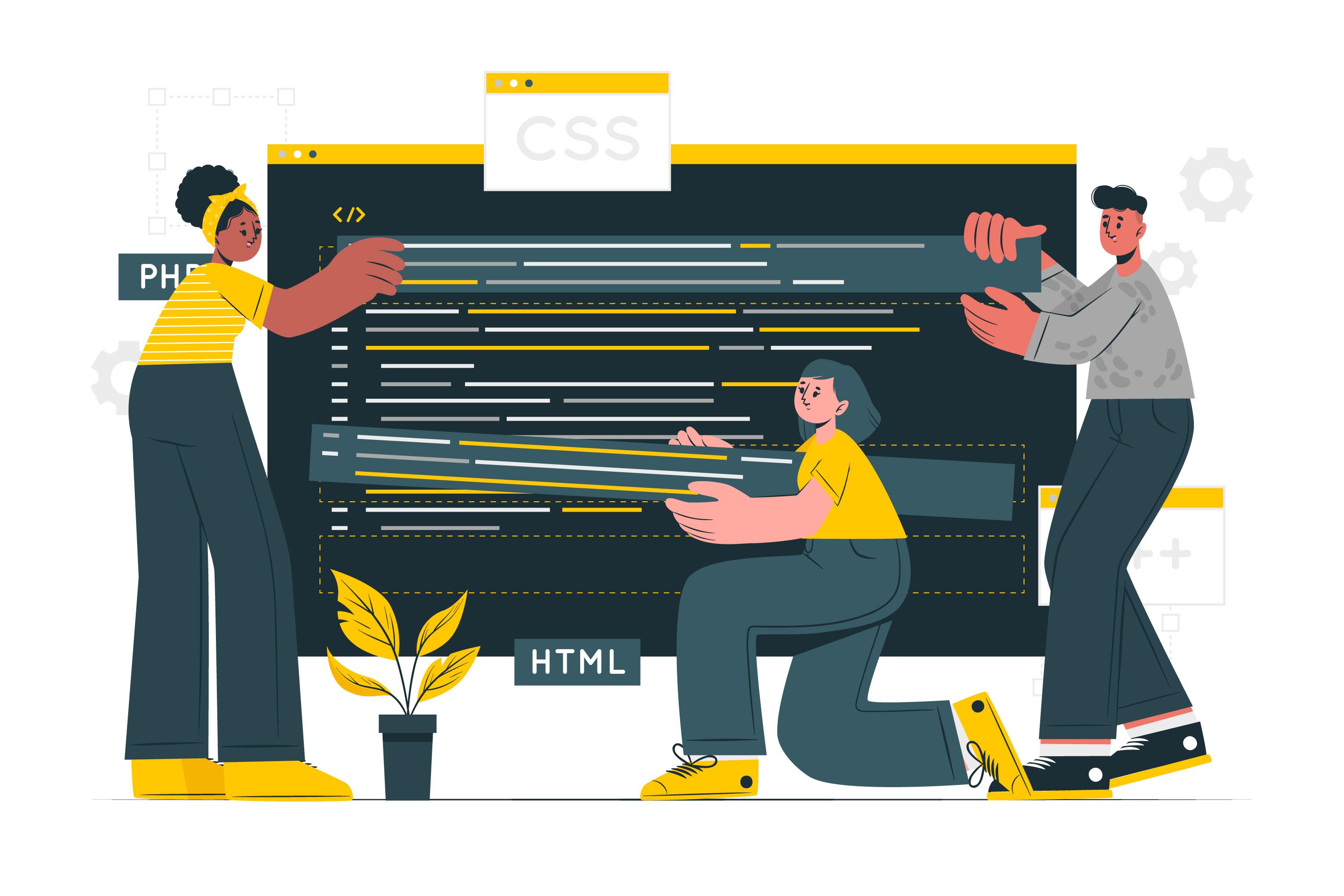Unveiling the Power of Open Source: Empowering Self-taught and College Programmers
 Sunil Kumar
Sunil Kumar
Introduction:
Welcome to the world of open source, where knowledge flows freely, and boundaries dissolve. Open source has revolutionized the way programmers learn, collaborate, and innovate. In this blog, we will explore the significance of open source for self-taught and college programmers, its origins, and how it has become an integral part of the programming ecosystem.
The Genesis of Open Source:
Open source has its roots in the early days of computing, where programmers freely shared their code and ideas. The open source movement gained momentum in the 1980s and 1990s when visionary developers, like Richard Stallman championed the philosophy of open collaboration. This ideology laid the foundation for a community-driven approach to software development.
What is Open Source?
Open source refers to software that is released with a license granting anyone the right to view, use, modify, and distribute the source code. This openness promotes transparency, creativity, and collective problem-solving.
The Impact on Self-taught Programmers:
Access to Knowledge: Open source projects provide a treasure trove of code and documentation, allowing self-taught programmers to learn from real-world examples and gain practical experience.
Community Support: For self-learners, being part of an open-source community means having access to mentorship, feedback, and collaboration opportunities.
Portfolio Building: Contributing to open source projects enhances a programmer's portfolio, demonstrating their skills and dedication to potential employers.
The Role of Open Source in College Education:
Hands-on Experience: Open source encourages college students to move beyond theoretical learning and engage in hands-on coding, fostering a deeper understanding of programming concepts.
Teamwork and Collaboration: College programmers working on open-source projects develop essential skills in teamwork, version control, and communication.
Building Real Solutions: By contributing to open source, students can create meaningful projects that address real-world challenges, making their education more impactful.
The Advantages of Open Source:
Flexibility: Open-source software can be customized to suit specific needs, offering a level of flexibility that proprietary software often lacks.
Cost-effectiveness: Open-source tools and libraries are usually free to use, making them accessible to programmers from all backgrounds.
Security and Reliability: The collaborative nature of open-source development means more eyes scrutinizing the code, leading to robust and secure software.
Embracing Open Source Culture:
Respect the Community: When contributing to open source, it's essential to respect the community's guidelines and be open to feedback.
Giving Back: If you benefit from open-source projects, consider giving back by contributing your expertise or supporting the developers.
Continuous Learning: Open source projects evolve rapidly, providing opportunities for continuous learning and growth.
Conclusion:
Open source has transformed the landscape of programming, empowering self-taught and college programmers alike. By embracing open source culture and actively participating in the community, programmers can enrich their skills, knowledge, and career prospects. So, join the open-source revolution today and be part of a movement that drives innovation and collaboration for a better future.
Remember, in the world of open source, learning knows no boundaries – everyone is welcome!
Subscribe to my newsletter
Read articles from Sunil Kumar directly inside your inbox. Subscribe to the newsletter, and don't miss out.
Written by

Sunil Kumar
Sunil Kumar
Teaching myself how to code